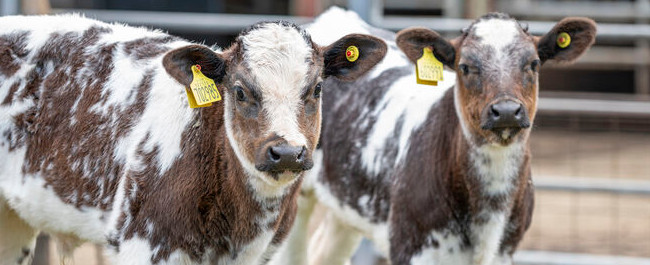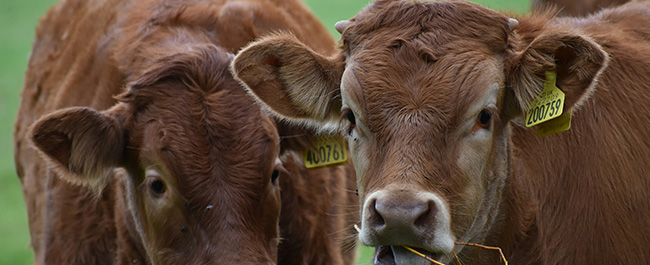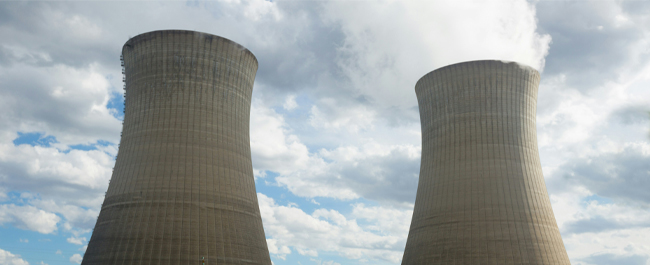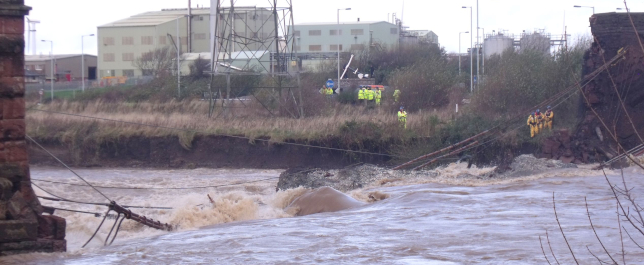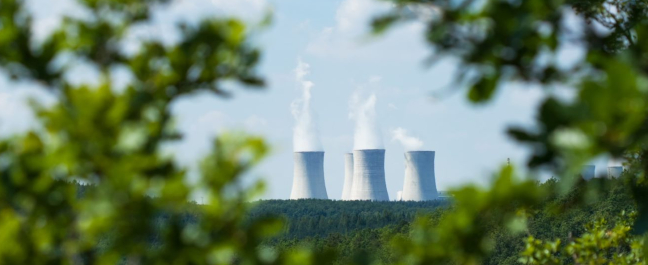Tracking and tackling unreported CFC emissions
How Bristol researchers helped to identify and reduce unexpected emissions of CFC-11 – a major contributor to climate change
Our global environment is changing. Human activity, in particular, is forcing change at unprecedented rates. Our research is helping communities around the world limit, manage and adapt to climate change.
How Bristol researchers helped to identify and reduce unexpected emissions of CFC-11 – a major contributor to climate change
Research into microseismicity has provided the scientific foundation for major decisions regarding shale gas extraction in the UK.
Research by the University of Bristol has made Multi-Party Computation a hot topic - leading to a huge increase in venture capital investment and interest from governments and the UN.
Researchers, practitioners and industry bodies across the food chain successfully combined forces for changes in antimicrobial use on farms and in veterinary practices.
In the aftermath of the global financial crisis, University of Bristol Business School with the Bank of England developed the understanding of financial turbulence to keep the economy safer from future disasters.
Welfare outcome measures and enhanced farm animal management have had a major impact on farming practices and provide greater assurance for consumers.
Methods developed at the University of Bristol have provided a scientific basis for increased confidence in new control and instrumentation software for the UK nuclear energy sector.
Bristol research is transforming flood management to protect communities, ecosystems and economies worldwide.
The ice PIG (pipeline inspection gauge) is transforming the way drinking-water pipes are cleaned and maintained.
Bristol research is shaping global efforts to protect ecosystems and human health.
Bristol research is shaping global efforts to enhance the safety of nuclear energy.
Research at Bristol has led to safer air travel and many more benefits for the aerospace industry, airlines, airspace management and the military.
Researchers in the Schools of Biochemistry and Chemistry are working to boost cellular productivity of biofuels at a fundamentally scientific level in order to create innovative, sustainable solutions to our global energy needs.
Bristol researchers are working with the mining industry to target new copper resources that are critical for the electrification needed to meet climate change targets.



